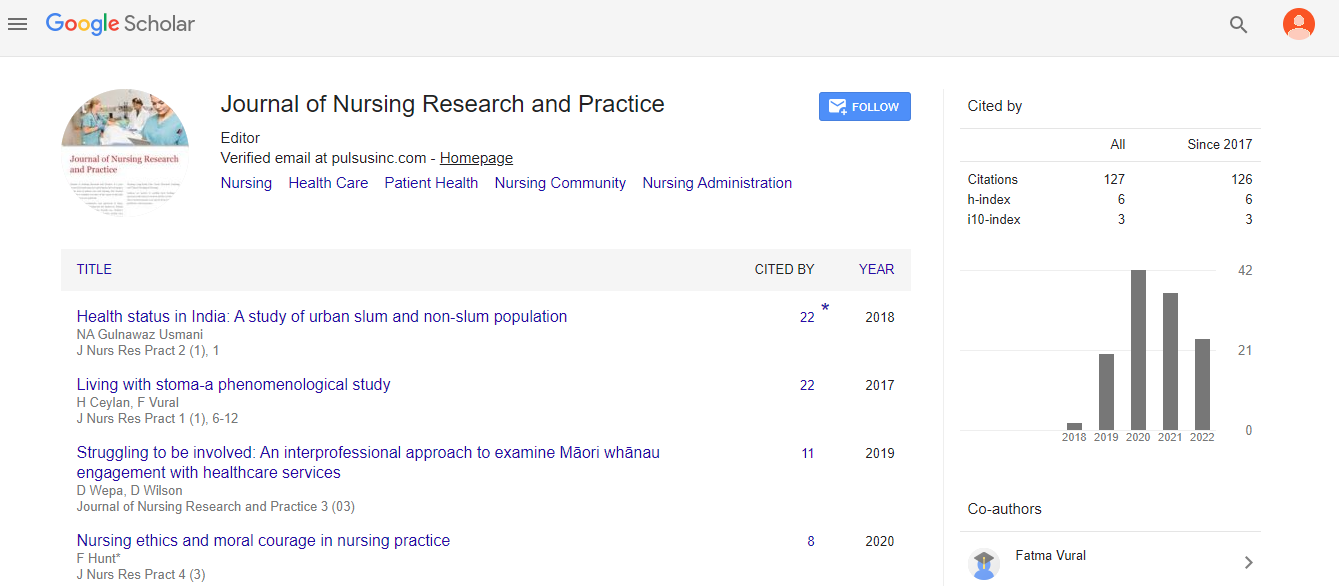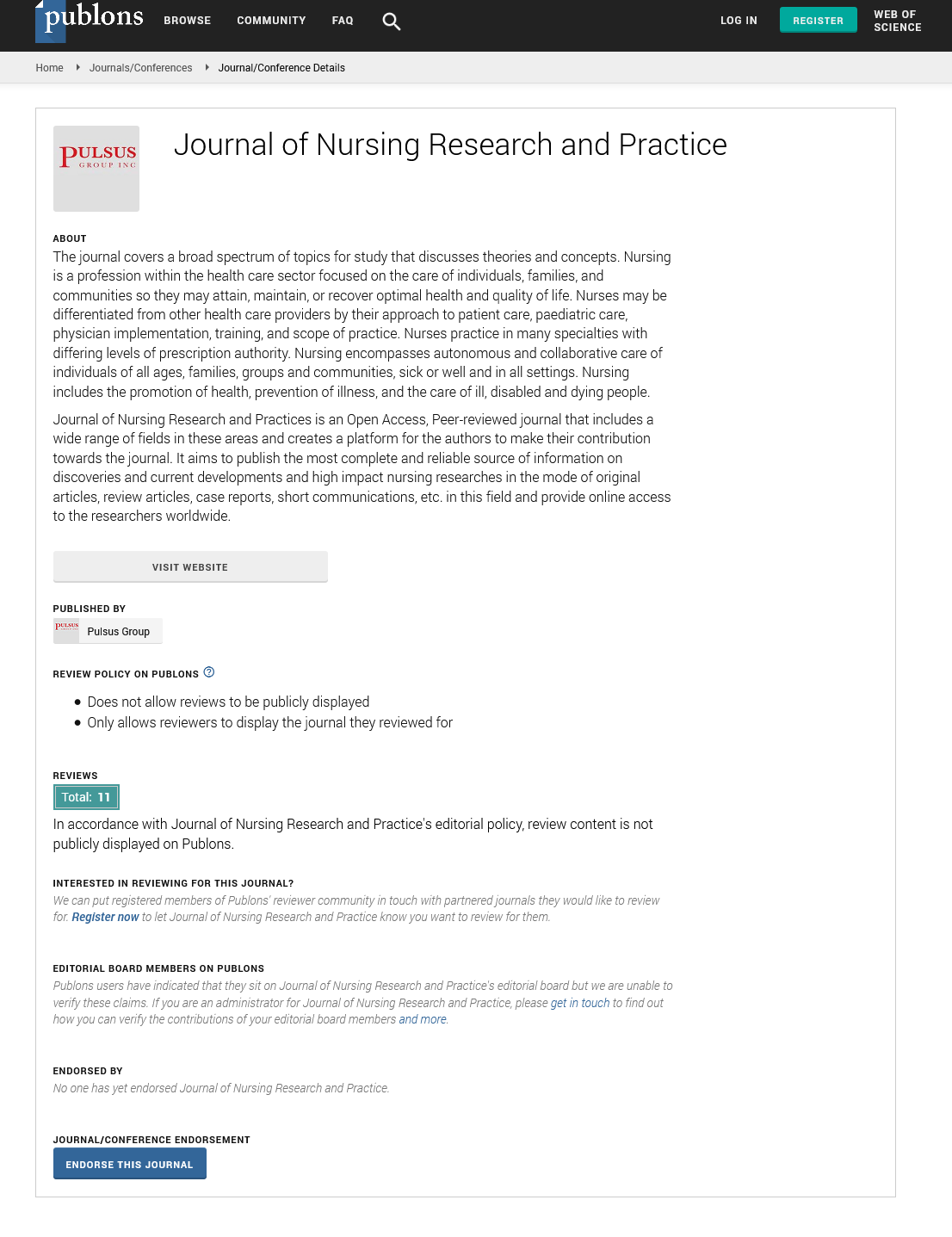
Sign up for email alert when new content gets added: Sign up
The electronic medical record and the challenge of protecting individual's patient data
50th Global Congress on Nursing Care and Research
September 20, 2022 | Webinar
Frank Nduu Nawej
Institute for Studies and Research for Health Quality, Democratic Republic of the Congo
ScientificTracks Abstracts: J Nurs Res Pract
Abstract :
Introduction: The computerized medical record tends to become generalized in many private health establishments in Lubumbashi. While its advantages are undeniable, it should always be noted that the DMI has weaknesses linked to the risk of loss or theft of patient data which is deemed to be sensitive because it falls under medical confidentiality. Methods: The study consisted of a closed and written questionnaire drawn up on the basis of international IT security standards, in this case the prescription of the IT security guide for health professionals in private practice General Information Systems Security Policy of Health (PGSSI-S). On the basis of voluntary participation, part of this questionnaire was administered to the various CMDC health professionals who regularly use the DMI (doctors, nurses, laboratory technicians and imaging technicians) and another was intended for administrators of the said software. A total of 64 people participated in the survey, including 59 users and 05 administrators of the DMI. Results: Data reported about accessing, retaining or sharing patient data on the DMI suggests a low level of protection. Conclusion: The sensitive nature of patient data requires the CMDC and other healthcare establishments to improve the practices of their staff using the computerized medical record with a view to optimal security in the recording, processing and conservation of information whose nature is a matter of medical confidentiality. Keywords: Medical record, paper medical record, computerized medical record, patient data. Recent Publications 1. Henri Mundongo Tshamba et al. Risk of death and the economic accessibility at the dialysis therapy for the renal insufficient patients in Lubumbashi city, Democratic Republic of Congo. Pan African Medical Journal. 2014;19:61.
Biography :
Frank Nduu Nawej was born in Musumba on November 10, 1972 in the Democratic Republic of Congo (DRC). With a degree in administration and management of health institutions from the University of Lubumbashi, he is currently preparing a Master's degree in management of health services from Unicaf University. He is currently Quality Director of the CMDC and CEO of the Institute for Studies and Research for Health Quality (Ireqs) based in Lubumbashi. He is also a member of the Society of Writers and Critics of Greater Katanga (SECK asbl) and author of numerous books and articles. In the past, he was Manager of the CMDC clinic and lecturer at the School of Public Health at the University of Lubumbashi.





